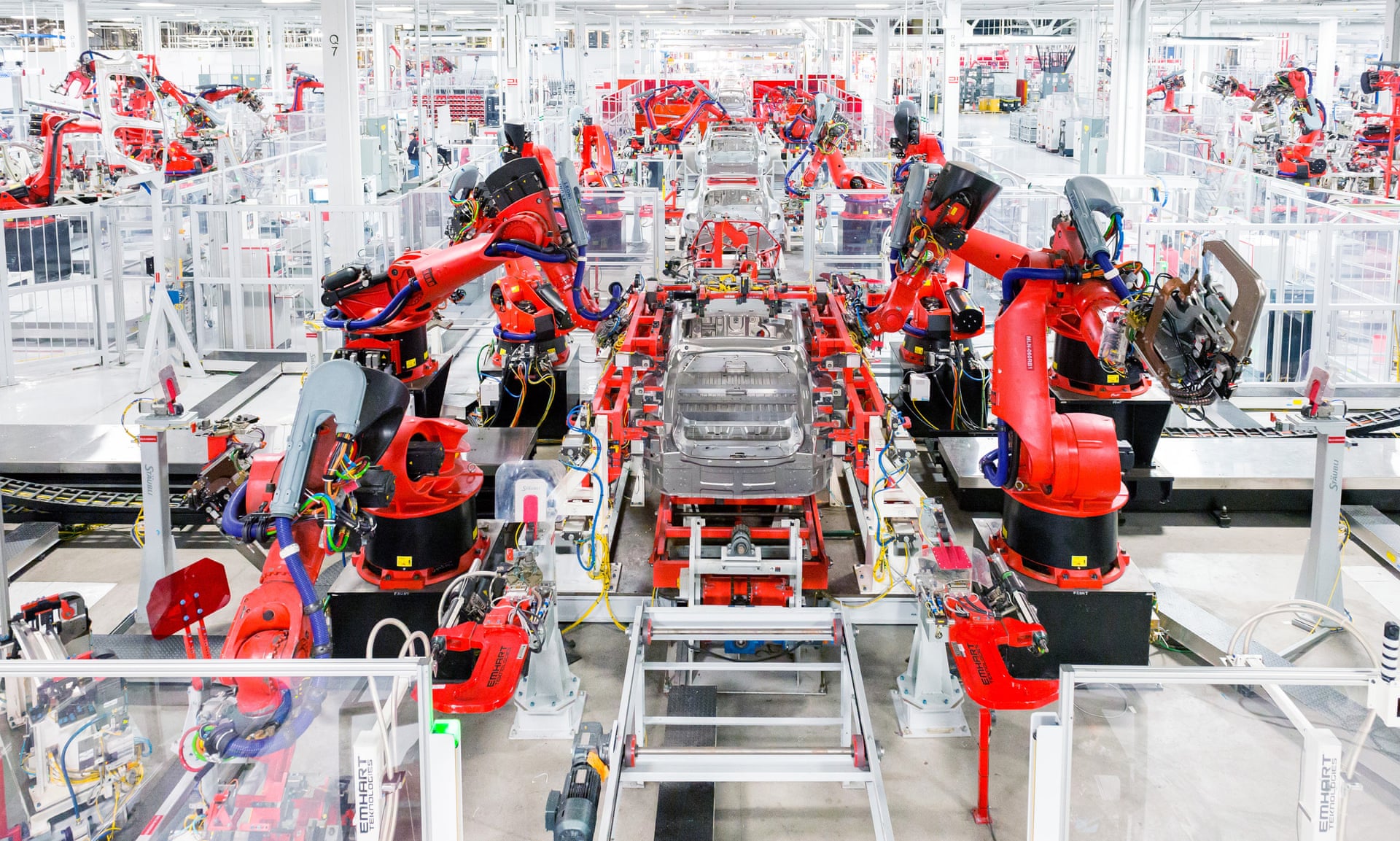After calling 2015 the year that “robot panic peaked,” an article in The Observer asks several computer experts whether fear over robots taking our jobs and eventually enslaving the human race is justified. Soberingly, a number of prominent tech minds, including Elon Musk and Steve Wozniak, say we have good reason to be worried. An excerpt:
But robots that kill – especially “intelligent” ones – are very much on the mind of those who worry most publicly about the AI-robot combination. Stephen Hawking told the BBC it “could spell the end of the human race” as it took off on its own and redesigned itself at an ever-increasing rate. Elon Musk, the billionaire who brought us PayPal and the Tesla car, called AI “our biggest existential threat”. Steve Wozniak, the co-founder of Apple, told the Australian Financial Review in March that “computers are going to take over from humans, no question” and that he now agreed with Hawking and Musk that “the future is scary and very bad for people… eventually [computers will] think faster than us and they’ll get rid of the slow humans to run companies more efficiently”.
Nick Bostrom may not have a similar claim to fame, but he is an Oxford University philosopher who argues in his book Superintelligence that self-improving AI could enslave or kill humans if it wanted to, and that controlling such machines could be impossible. But there’s no sign so far of inherently intelligent killer robots, or “anthropogenic AI”, as it’s also called. Reviewing Bostrom’s book, the scientist Edward Moore Geist suggested that it “is propounding a solution that will not work to a problem that probably does not exist”.
